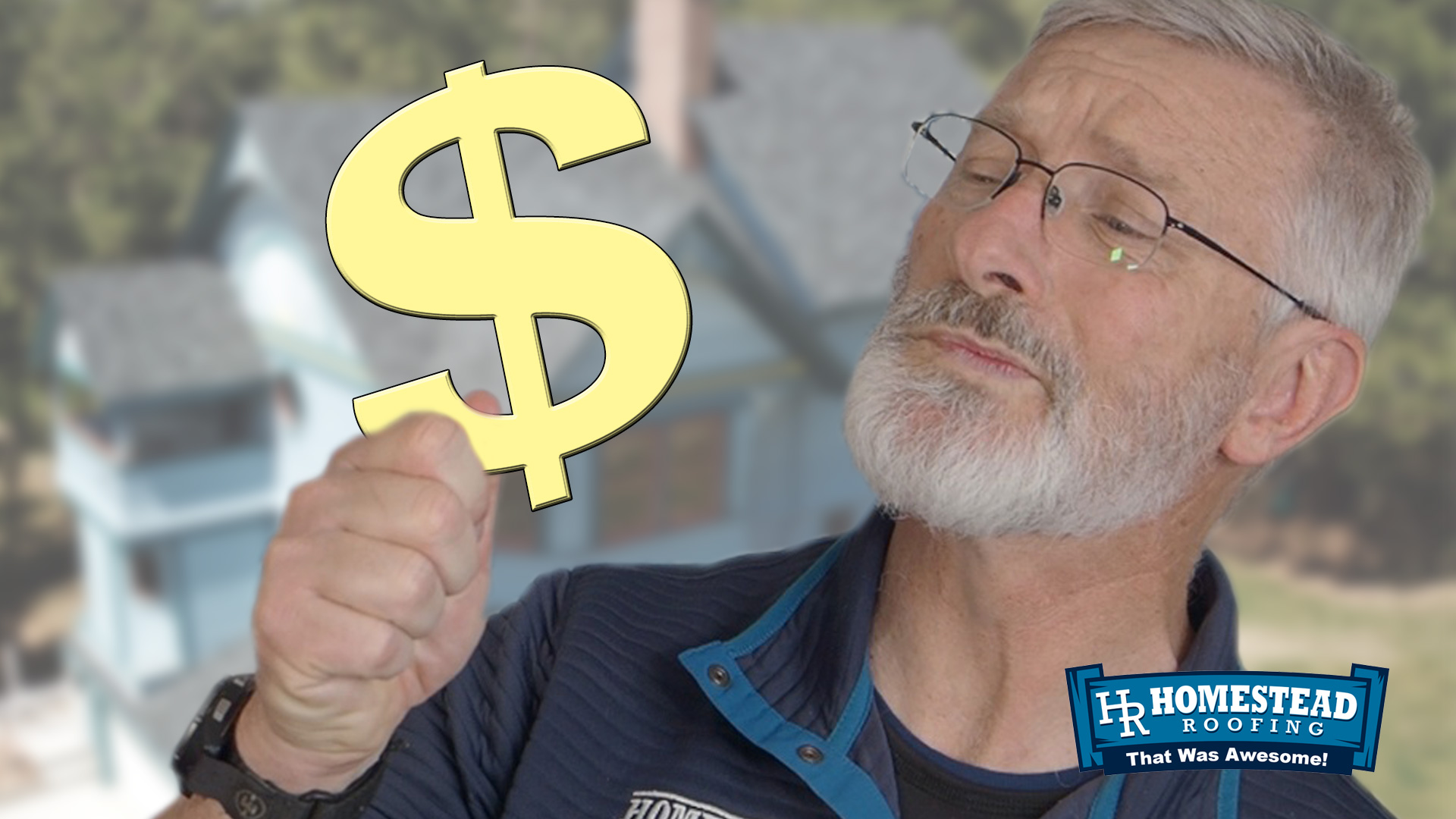One question that some homeowners may ask is: Will you help me pay my new roof insurance deductible?
Unfortunately, roofers aren’t able to help you pay your deductible for your roof repairs. It’s not because we don’t like you, it’s because we can’t.
Why Can’t a Roofing Contractor Pay Your Deductible?
Simply put, it’s illegal according to the Colorado State Law SB38 passed June 6th, 2012 which states that it is a crime for a roofing contractor to pay, waive, or rebate any part or all of a homeowner's insurance deductible.
Basically, it constitutes insurance fraud on both the part of the homeowner and the roofer.
Let us take a look at a hypothetical situation should your roofing contractor agree to pay your deductible:
To start, let's say you have a roofing claim valued at $10,000 and a deductible of $1000. Your insurance company will decide on a depreciation amount based on the age of the roof.
In our example, let's say that's $4000. Your insurance company withholds the depreciation amount, to send to you once the job is complete, and then subtracts your $1000 deductible. The remainder: $5000, is the amount of the first check you'll get from the insurance company. Remember, your insurer will send you the $4000 depreciation amount, if you have replacement cost value coverage on your policy, but to receive that money, there are a couple more steps.
To receive your depreciation funds, you or your contractor needs to send the insurance company an invoice stating that the amount billed for the work is $10,000.
Once they receive that, your insurer will release the depreciation funds to you. This means that your insurance company will have paid $9000 for your $10,000 roof repair, and you will have paid $1000. Your deductible payment is paid to your contractor.
But My Roofer Said He Could Pay My Deductible...
No matter how you look at it, the homeowner is always legally responsible for the deductible payment and there is no legal way of avoiding that. The way that contractors get around this and "pay the deductible" for the homeowner is by sending a false invoice to the insurance company. So, in our hypothetical example above, the roofer would send an invoice to the insurance company stating he is charging you $10,000, but then he only bills you $9000.
When this happens, it's both the homeowner and the contractor who have committed insurance fraud.
If you have questions about insurance, deductibles, or the roofing process, feel free to contact us today to speak with a member of our team.
Visit our learning center for more roofing tips and information.





